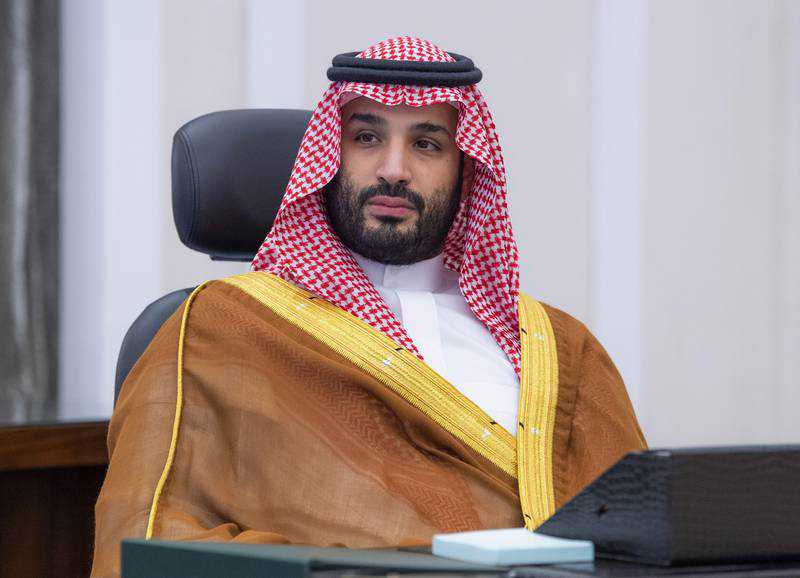Saudi Arabia unveils 'Prince Mohammed bin Salman Non Profit City'

Saudi Crown Prince Mohammed bin Salman on Sunday announced the establishment of the first non-profit city in the world. Prince Mohammed bin Salman Non Profit City aims to be a non-profit sector development on an international scale.
The city will act as an incubator for youth volunteer groups, as well as local and international non-profit institutions.
It will house venture capital companies and investors who will support and incubate talent and businesses to drive community contributions from around the world.
“Prince Mohammed bin Salman Non Profit City will host academies, colleges, ‘Misk schools’, a conference centre, a science museum, and a creative centre offering a space to support the ambitions of innovators in sciences and new generation technology such as AI, IoT [Internet of Things] and robotics,” Prince Mohammed said on Sunday.
Prince Mohammed bin Salman Non Profit City is near Wadi Hanifa, on an area of estimated to be about 3.4 square kilometres.
Prince Mohammed is also the founder and chairman of the Board of Mohammed bin Salman Misk Foundation.
The city will comprise a theatre, arts academy and gallery, a cooking academy and a residential complex.
"This will be the first non-profit city of its kind which will contribute to achieving the goals of Misk Foundation in supporting innovation, entrepreneurship and qualifying future leaders by defining non-profit work in its internal operational concept and in terms of opportunities and youth training programmes," Prince Mohammed said.
"The project will provide services that contribute to creating an attractive environment for all beneficiaries of the city’s offerings."
Prince Mohammed bin Salman Non Profit City aims to create a “vibrant Saudi youth talent system to shape the future of the kingdom and the world, by encouraging learning and developing leadership skills among youth", the Saudi Press Agency said.
The city also aims to be human-centred, with its advanced digital metropolis designed to be “sustainable [and] pedestrian-friendly".
It will allocate more than 44 per cent of the land for green open spaces to promote sustainable development.
More details will be announced in the coming months.